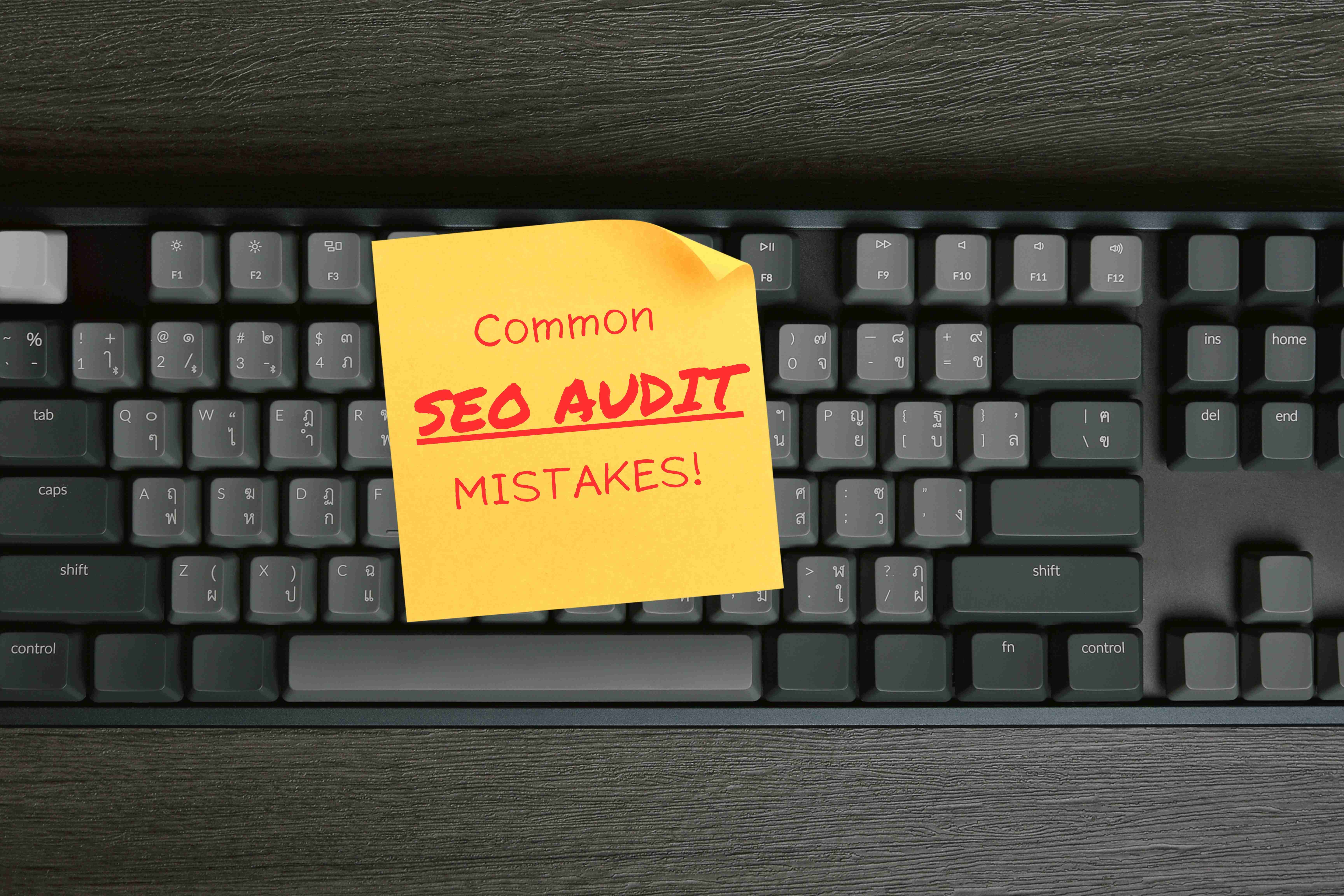Canonical tags are a crucial aspect of SEO (Search Engine Optimization) strategy, especially for businesses looking to enhance their online visibility and drive organic traffic. This comprehensive guide explores what canonical tags are, how they work, and actionable tips to implement them effectively to improve your SEO efforts.
Table of Contents
- Introduction
- What are Canonical Tags?
- How Canonical Tags Work
- Benefits of Using Canonical Tags
- When to Use Canonical Tags
- Implementing Canonical Tags: Best Practices
- Common Mistakes to Avoid
- Latest SEO Trends and Canonical Tags
- Conclusion
- About Don Hesh SEO
Introduction
Canonical tags play a vital role in SEO by helping search engines understand which version of a web page should be prioritized in search results. Understanding how to implement canonical tags correctly can significantly impact your website’s search engine rankings and overall visibility.
What are Canonical Tags?
Canonical tags (rel=”canonical”) are HTML elements that specify the preferred version of a web page when similar or duplicate content exists across multiple URLs. They help search engines identify the original source of content and consolidate ranking signals to prevent duplicate content issues.
How Canonical Tags Work
When a search engine encounters a canonical tag on a webpage, it understands that this page is a duplicate or variant of another preferred URL specified in the tag. The canonical tag directs search engines to index the specified canonical URL instead of the duplicate versions.
Benefits of Using Canonical Tags
- Prevent Duplicate Content Issues: Avoid penalties from search engines for duplicate content.
- Consolidate Ranking Signals: Focus ranking authority on one preferred URL.
- Improve Crawl Efficiency: Direct search engine crawlers to the most relevant content.
- Enhance User Experience: Ensure users find the correct and most relevant content.
When to Use Canonical Tags
Consolidating Similar or Duplicate Content
Use canonical tags when you have multiple URLs with similar content, such as product pages with different sorting options or pagination.
Handling Parameterized URLs
Canonical tags can manage parameterized URLs (e.g., tracking parameters) to consolidate ranking signals and prevent indexing of unnecessary variations.
Managing Syndicated Content
For syndicated or republished content, canonical tags can specify the original source to avoid duplicate content issues.
Implementing Canonical Tags: Best Practices
1. Choosing the Correct Canonical URL
Select the URL that represents the primary version of your content and has the best SEO attributes.
2. Adding Canonical Tags to HTML Head Section
Insert the canonical tag in the <head> section of your HTML code to ensure search engines recognize it.
3. Validating Canonical Tags
Use tools like Google Search Console to validate canonical tags and monitor indexing behavior.
Common Mistakes to Avoid
- Incorrect Implementation: Ensure the canonical URL is consistent and correctly specified.
- Using Self-Referencing Canonicals: Avoid pointing canonical tags to the same URL as the page itself.
- Neglecting Updates: Regularly audit canonical tags to reflect changes in content or site structure.
Latest SEO Trends and Canonical Tags
Canonical tags continue to be essential for SEO, especially with Google’s focus on content relevance and user experience. Implementing canonical tags correctly aligns with current SEO best practices and helps maintain a healthy website structure.
Conclusion
Mastering canonical tags is crucial for optimizing your website’s SEO performance and avoiding duplicate content issues. By understanding when and how to use canonical tags effectively, businesses can enhance their online presence and drive more organic traffic. Implement these best practices to ensure your website ranks well and provides a seamless user experience.
About Don Hesh SEO
Don Hesh SEO is your trusted partner in implementing effective SEO strategies to enhance your online reputation and drive results for your business. As experienced SEO consultant and Google Ads consultant, we specialize in helping businesses improve their online visibility, attract more customers, and achieve their marketing goals. Contact us today to learn how we can help you elevate your online reputation and drive success for your business.



